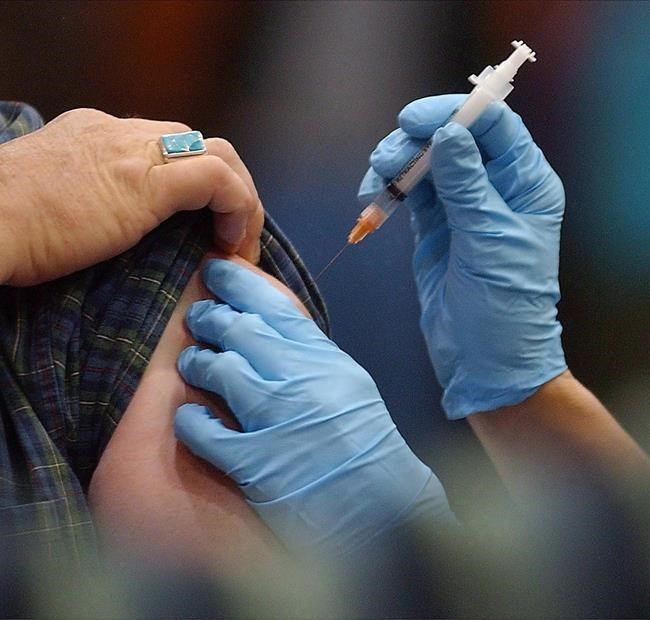A more severe influenza season could be in store for Colorado as public health officials keep an eye on whether a surge in cases in the Southern Hemisphere will be repeated in the U.S.
Australia saw a surge in influenza cases in recent months that eclipsed average new cases over the past five years, which raises concerns for the United States, said Dr. Amy Duckro, an infectious disease specialist with Kaiser Permanente.
“A lot of our anticipation is based on what has happened in the Southern Hemisphere with flu,” Duckro said. “We saw in the past few years that the Southern Hemisphere had very light activity with flu and that’s what mirrored our experience in the U.S. This year, the Southern Hemisphere and especially Australia are reporting large surges in cases and earlier cases.”
The flu season may also be more severe due to fewer people practicing pandemic precautions like wearing masks and social distancing, Duckro said.
“Now that behaviors have reverted to some degree to more normal and some of those social restrictions that were present have changed, it may be more likely we will see transmission of contagious illnesses,” Duckro said.
Colorado’s flu season usually starts in the fall with a peak in January and February, Duckro said.
Folks should make plans to get vaccinated in September or October along with continuing to frequently wash their hands, cover their cough and stay home if they feel sick.
People may be hesitant to get the influenza vaccine because they’re relatively healthy or have never caught the flu before, Duckro said. But the vaccine can reduce severity and prevent people from contracting even an asymptomatic virus, which means they don’t show symptoms but can still spread the flu to others.
“I liken it to wearing a seatbelt,” Duckro said. “People say they don’t want to get the flu vaccine because people still get the flu or it’s only so successful. A seatbelt doesn’t mean you’re going to avoid a car crash, but it makes it much less likely you or people around you are going to die.”
The Centers for Disease Control and Prevention recommends flu vaccines for everyone six months of age and older, with some exceptions, like those who have severe allergies to vaccine ingredients or who have had severe allergic reactions in the past.
The CDC is also recommending that adults 65 years old and older seek out one of three higher-dose vaccines which will cause a stronger immune response.



